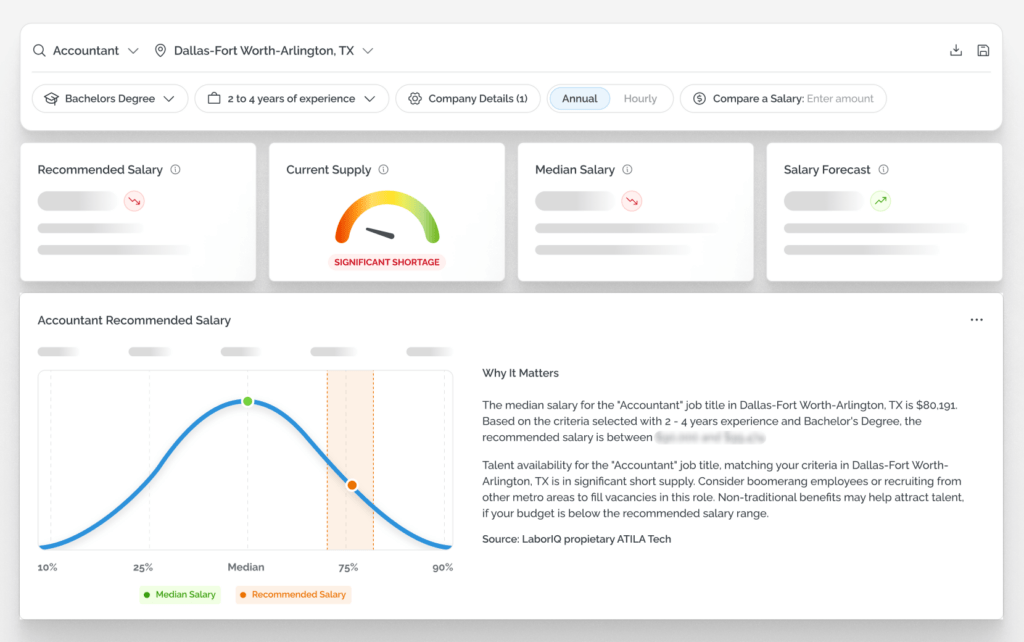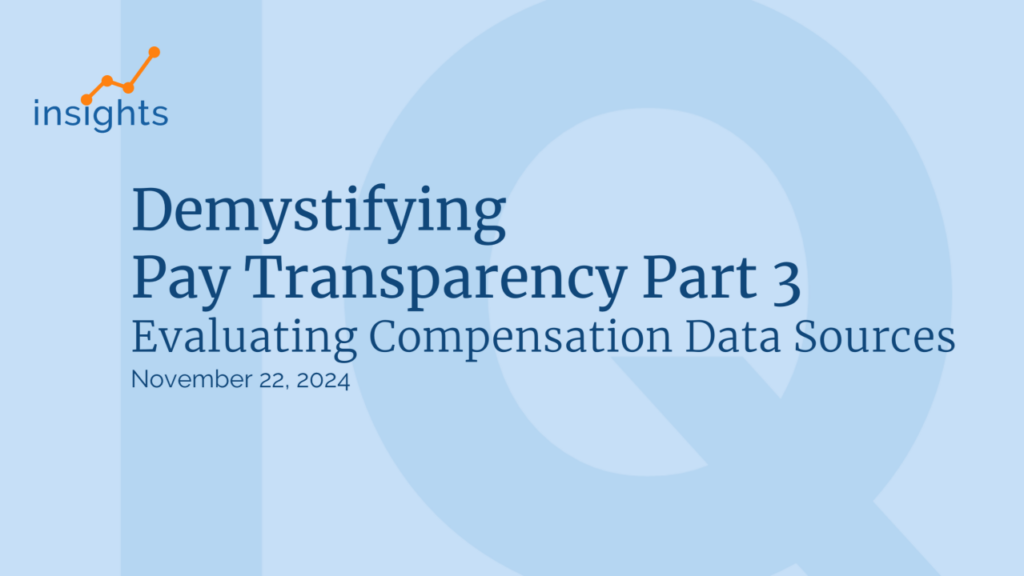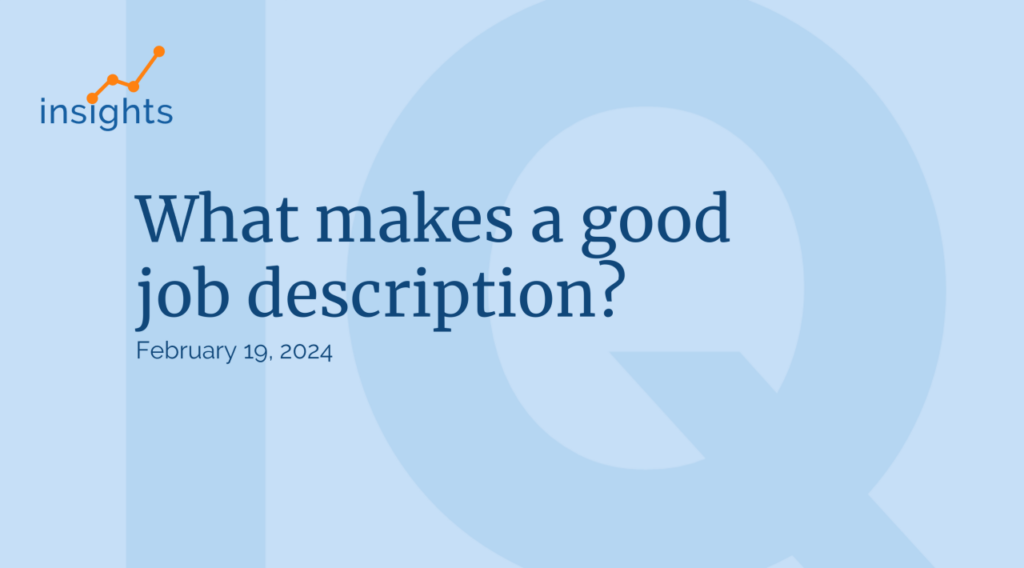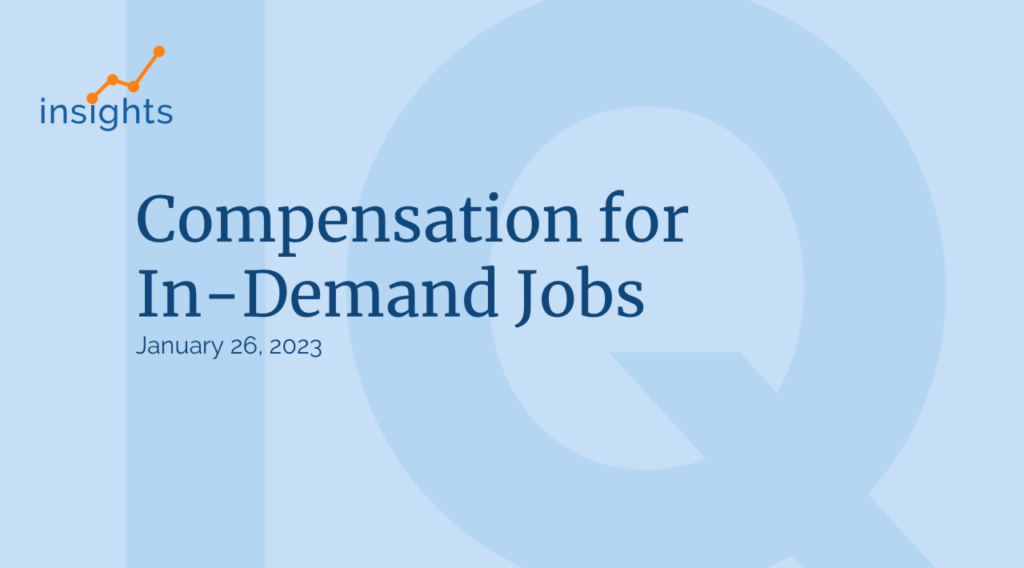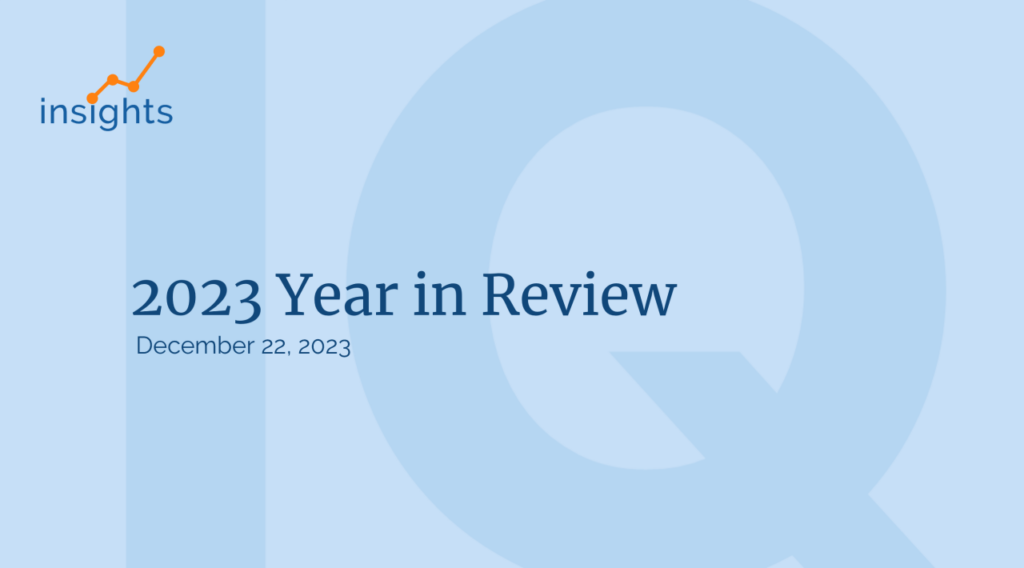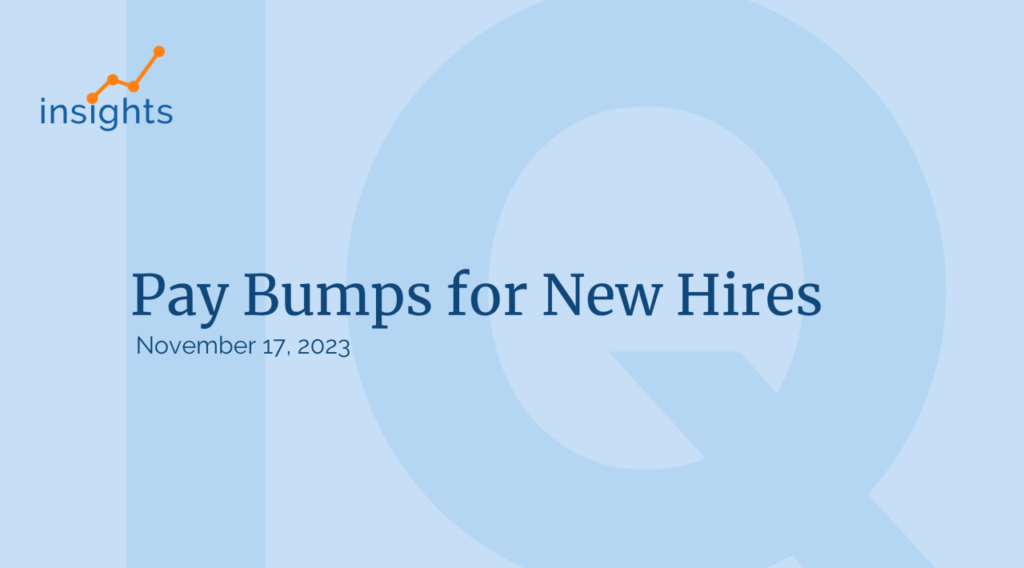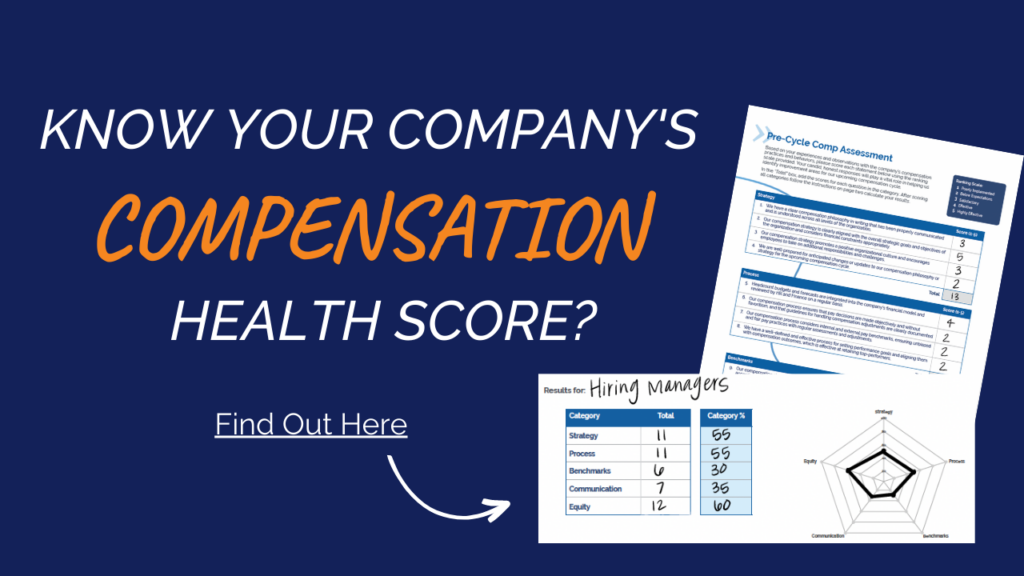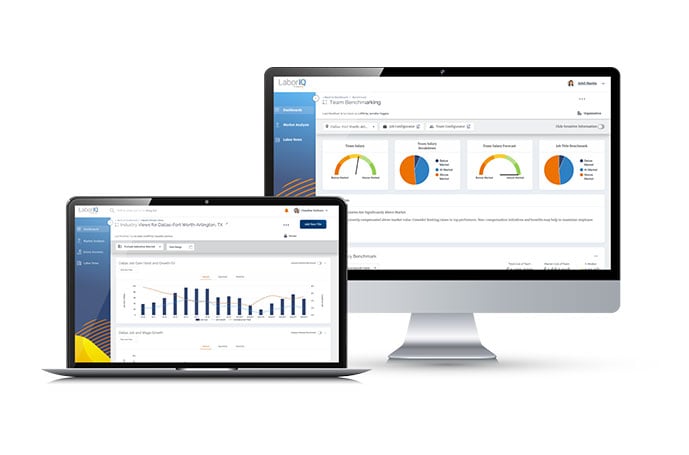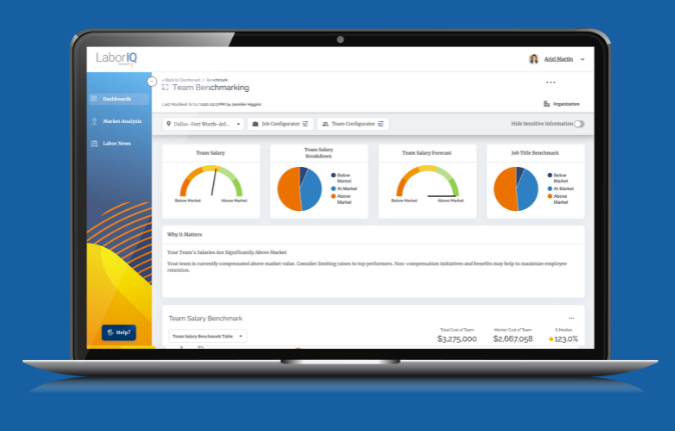Pay band management has emerged as a critical capability for modern HR departments navigating rapid organizational growth, evolving workforce demands, and complex regulatory environments. Unlike traditional rigid pay grade systems, strategic pay band management enables scalable compensation operations that adapt to business evolution while maintaining equity, competitiveness, and operational efficiency. This article examines how effective pay band management transforms HR operations, enabling sustainable growth and enhanced talent management capabilities for expanding organizations.
The Strategic Foundation of Pay Band Management
Defining Modern Pay Band Management
Pay band management is the structured approach to creating and maintaining broad salary ranges that support job progression, internal equity, and market competitiveness—all within a unified compensation framework. Modern pay band management requires sophisticated analytics, continuous market monitoring, and strategic decision-making frameworks that enable responsive compensation administration. LaborIQ simplifies pay band management by recommending salary ranges by job title, location, and experience—plus tools to streamline the approval process. Creating, managing and reporting for legal compliance is now streamlined.
Operational Efficiency Through Consolidation
Traditional pay grade systems often require management of 20-30 distinct salary ranges, creating administrative complexity that scales poorly with organizational growth. Pay band management typically consolidates these into 6-10 broad bands, reducing administrative overhead by 60-70% while maintaining compensation precision and market competitiveness.
Scaling Compensation Operations for Growth
Administrative Scalability
Growing companies face exponential increases in compensation management complexity as they add roles, locations, and organizational levels. Pay band management provides inherent scalability by accommodating new positions within existing structures rather than requiring constant grade creation and modification.
Organizations implementing pay band management report 50% reduction in time-to-hire for new roles, as existing band structures accommodate diverse position requirements without extensive classification processes. This scalability proves essential for companies experiencing rapid headcount growth or organizational evolution.
Technology Integration and Automation
Modern pay band management leverages advanced HRIS platforms and compensation analytics tools to automate band administration, market benchmarking, and compliance monitoring. These technological capabilities enable HR teams to manage complex compensation structures efficiently while maintaining accuracy and consistency.
Automated pay band management systems provide real-time market positioning analysis, predictive modeling for salary adjustments, and integrated reporting capabilities that support strategic decision-making without increasing administrative burden.
Optimization Benefits for Modern HR Operations
Enhanced Decision-Making Speed
Pay band management accelerates compensation decisions by providing clear frameworks for salary determination without requiring extensive approval processes. HR professionals can make market-competitive offers and retention adjustments within established band parameters, reducing decision cycle time by 40-50%.
Improved Internal Equity Management
Broad pay bands naturally accommodate role variations and performance differentials while maintaining internal equity principles. This flexibility enables HR teams to address compensation concerns proactively without creating systematic inequities or administrative exceptions.
Career Development Integration
Pay band management supports modern career development approaches by enabling salary progression that reflects skill acquisition, responsibility expansion, and performance improvement without requiring formal job changes. This integration strengthens retention strategies while simplifying career path communication.
Strategic Advantages for Growing Companies
Market Responsiveness and Agility
Growing companies must respond rapidly to market changes, competitive pressures, and talent acquisition challenges. Pay band management enables agile compensation adjustments within established structures, supporting competitive positioning without requiring comprehensive system overhauls.
Organizations using effective pay band management adjust to market shifts up to 65% faster than those with traditional systems—an edge that supports timely hiring decisions and retention efforts in a competitive labor market.
Budget Planning and Forecasting
Pay band management enhances financial planning capabilities by providing predictable frameworks for compensation costs while maintaining flexibility for strategic adjustments. Finance teams can model growth scenarios effectively while HR maintains operational flexibility within approved parameters.
Compliance and Risk Management
Modern pay band management incorporates automated compliance monitoring for pay equity, wage and hour requirements, and transparency obligations. This systematic approach reduces legal risk while ensuring consistent application of compensation policies across expanding organizations.
Implementation Best Practices
Data-Driven Band Design
Effective pay band management requires comprehensive market analysis, internal equity assessment, and strategic alignment with organizational objectives. HR teams should utilize a data source that leverages multiple sources and validation practices, including industry surveys, market research and data science analytics to design optimal band structures.*
Change Management and Communication
Successful pay band implementation requires comprehensive change management strategies that educate managers, employees, and stakeholders about new compensation frameworks. Clear communication about band philosophy, progression opportunities, and decision-making processes builds trust and supports adoption.
Continuous Optimization
Pay band management demands ongoing refinement based on market evolution, organizational growth, and performance outcomes. Software solutions such as LaborIQ make these updates an effortless process, creating automated reminders and pay recommendation updates for the users. HR teams should establish regular review cycles, feedback mechanisms, and adjustment processes that maintain band effectiveness over time.
Technology and Analytics Integration
Advanced Compensation Platforms
Modern pay band management benefits from sophisticated compensation management platforms that integrate market data, analytics capabilities, and workflow automation. These systems enable complex band administration while providing insights that support strategic decision-making.
Predictive Analytics and Modeling
Advanced analytics capabilities enable predictive modeling of compensation costs, retention risks, and market positioning within pay band structures. These insights support proactive management and strategic planning for growing organizations.
Measuring Success and ROI
Organizations implementing effective pay band management typically achieve:
- 60% reduction in compensation administration time
- 40% faster hiring processes for new positions
- 50% improvement in retention rates for high-performing employees
- 35% enhancement in manager satisfaction with compensation tools
- 25% increase in employee understanding of career progression
Conclusion
Pay band management represents a fundamental shift toward scalable, strategic compensation operations that support organizational growth while maintaining operational efficiency and competitive positioning. Modern HR departments must embrace sophisticated pay band management approaches that leverage technology, analytics, and strategic frameworks to optimize compensation operations. Organizations investing in comprehensive pay band management capabilities position themselves for sustainable growth, enhanced talent management, and long-term competitive advantage in dynamic market environments.
Sources for data in this article include:
- WorldatWork: https://www.worldatwork.org
- Society for Human Resource Management (SHRM): https://www.shrm.org
- Compensation consulting firms like Willis Towers Watson, Mercer, and Radford
- HR technology vendors’ like LaborIQ, research and case studies
- Academic research from business schools and compensation management programs



